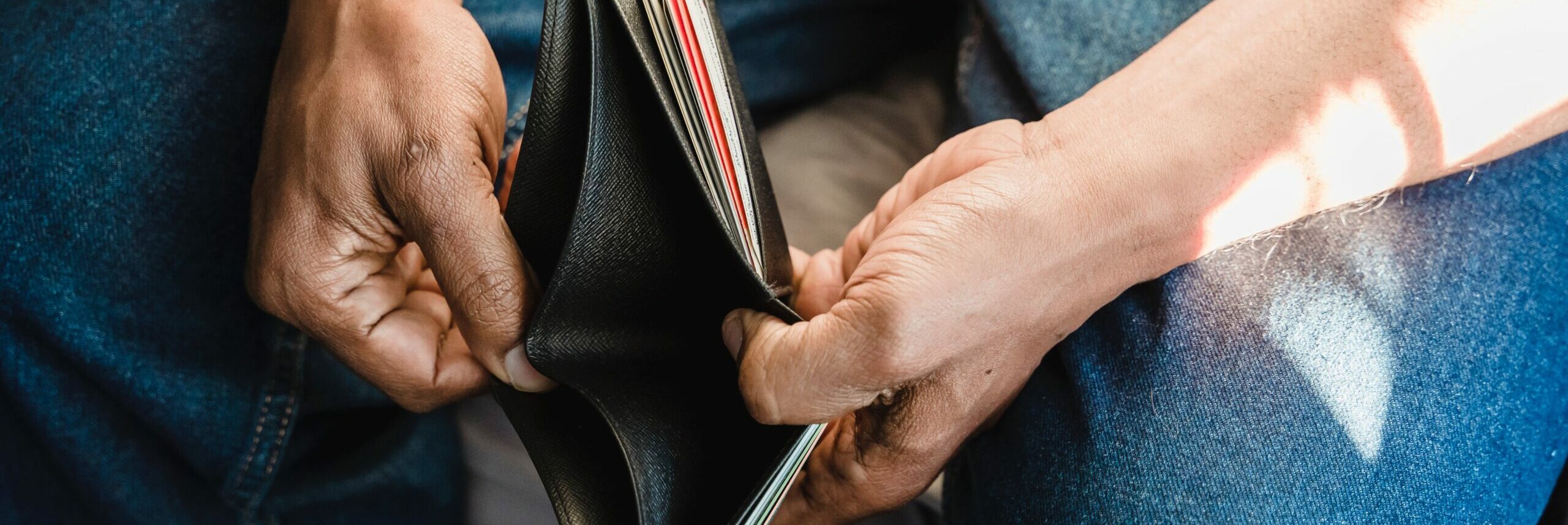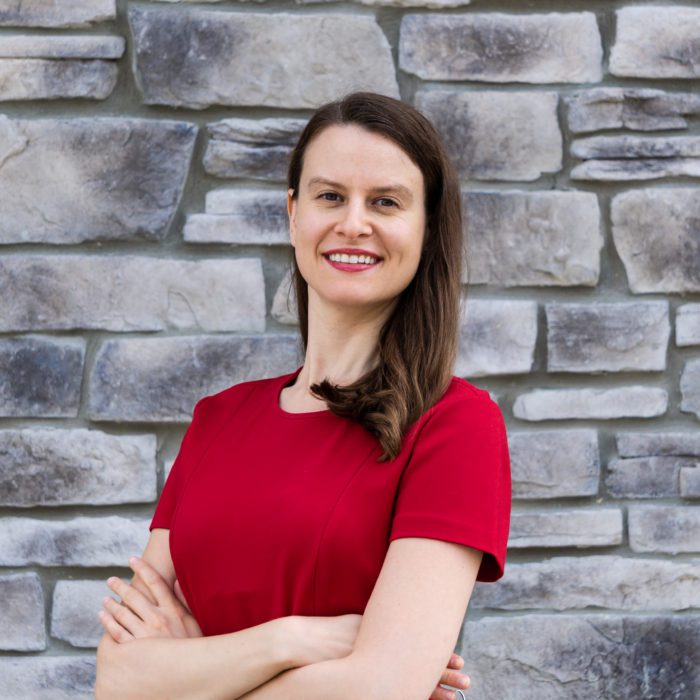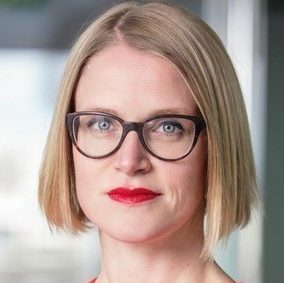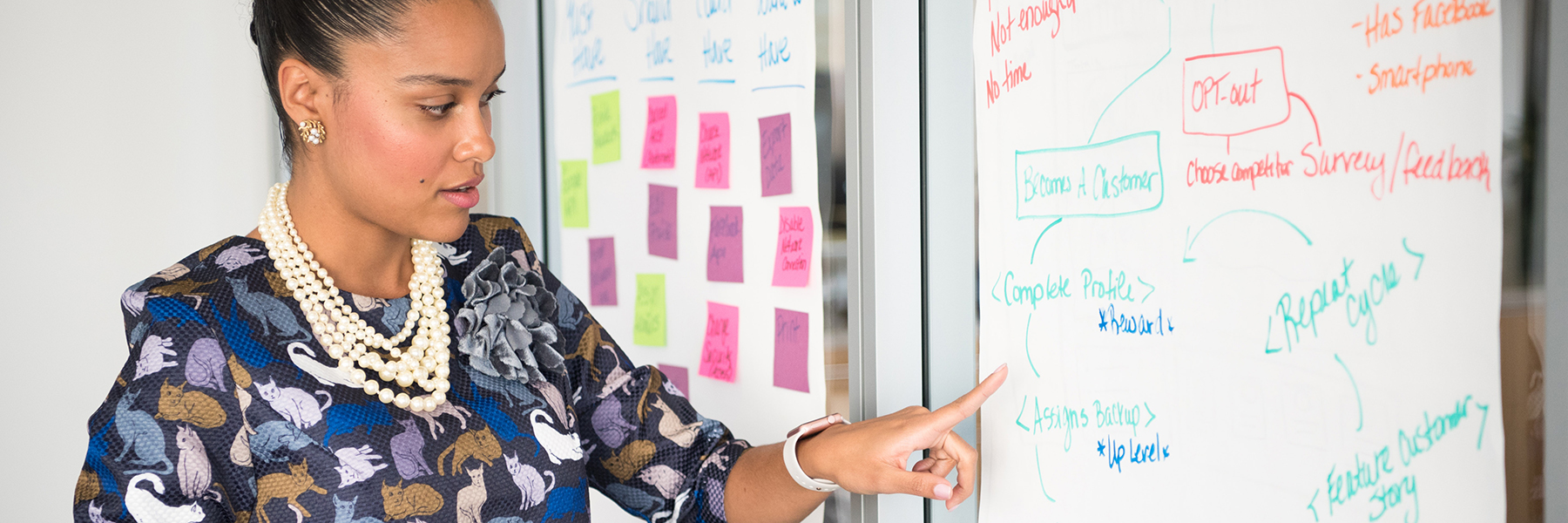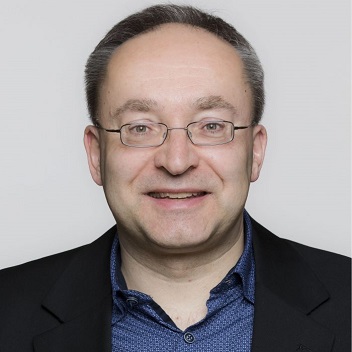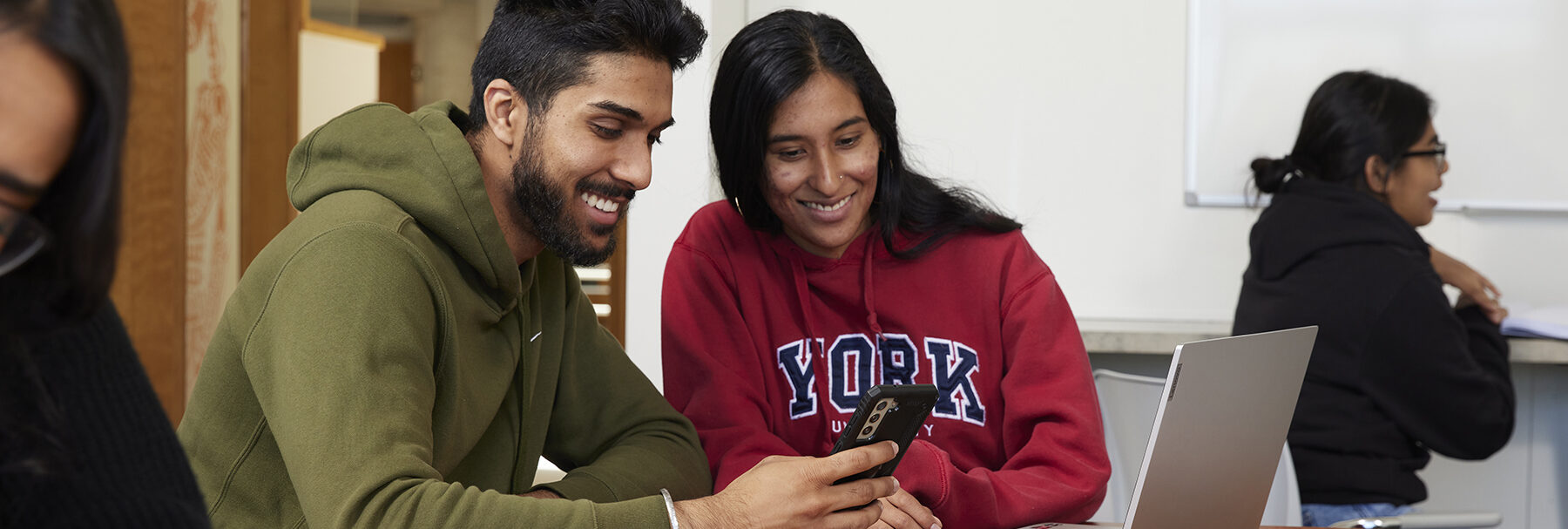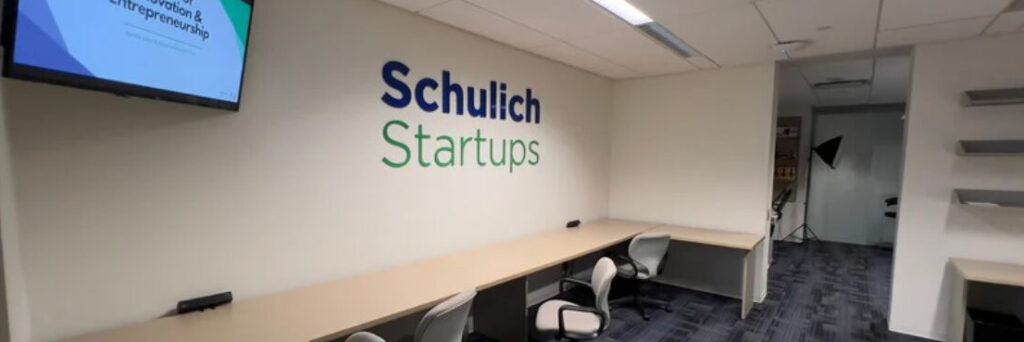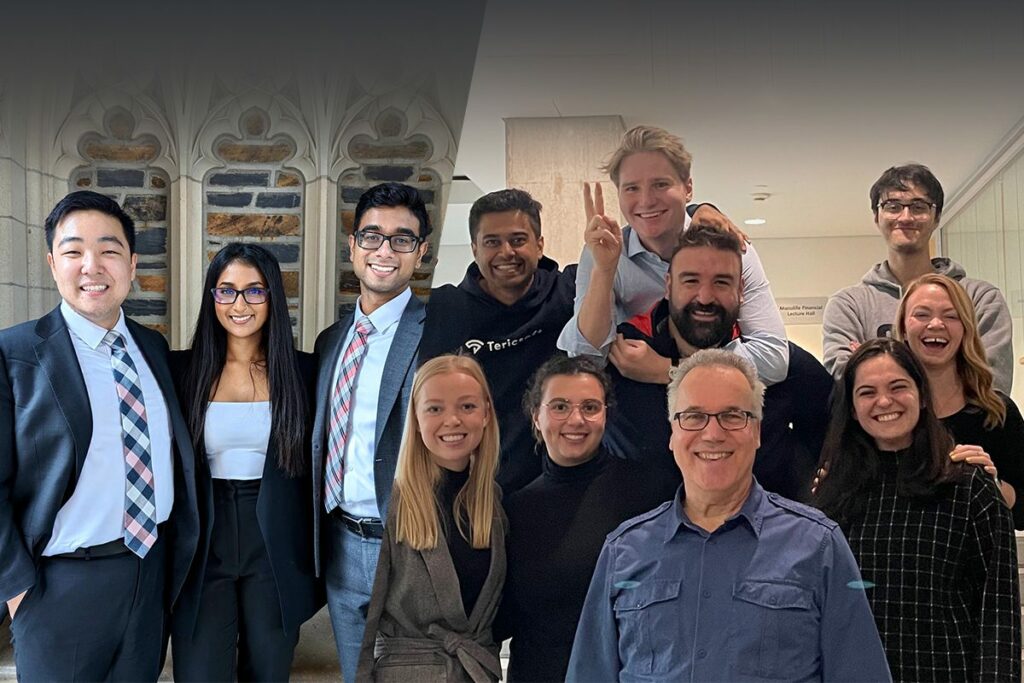By Diana Senwasane, student and community engagement coordinator, YSpace and VPRI
Since its inception five years ago, YSpace – York University’s entrepreneurship and innovation hub – has supported hundreds of startups from ideation to incubation to scale. One such startup venture is Blade Air, which is quickly establishing itself as a national leader in the air filtration industry.
Founded by two York alumni from the Schulich School of Business, Giancarlo Sessa (BBA’19) and Aedan Fida (BBA’19), along with his brother Joseph Fida, Blade Air was recently named the fifth-fastest-growing company in Canada for 2023 by the Globe and Mail.
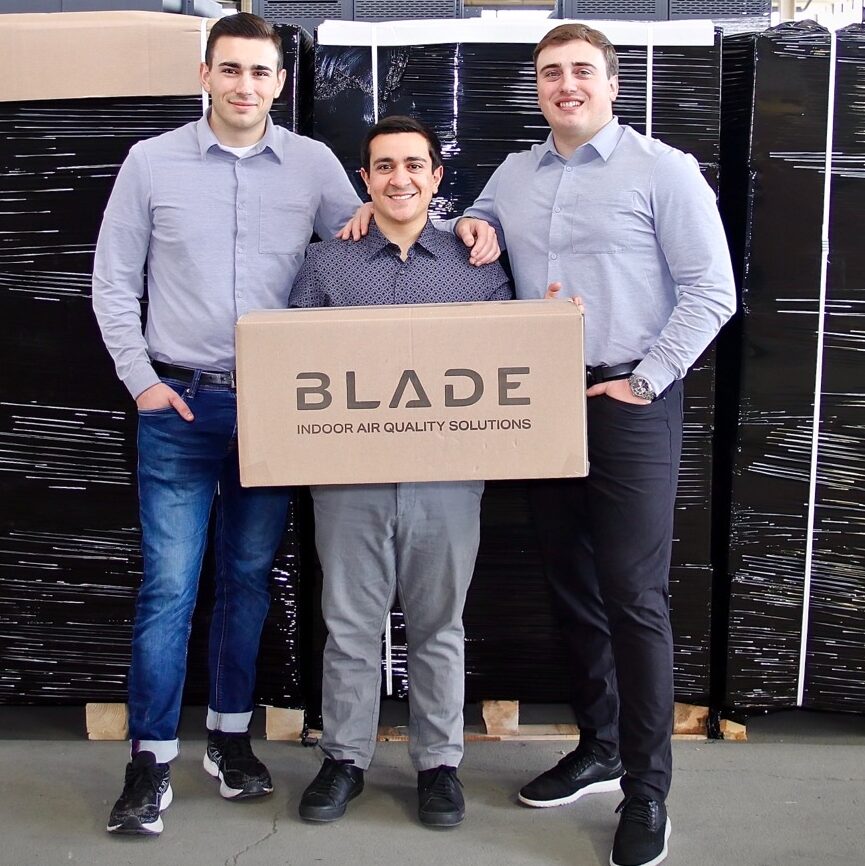
The trio is also celebrating one of their other latest achievements from earlier this year: the acquisition of CleanAir.ai, a Toronto-based startup that specializes in electromagnetic HVAC filters.
The move will enhance Blade Air Smart IAQ Platform, the company’s innovative software for indoor air quality (IAQ) solutions.
“With this strategic acquisition, Blade Air has access to patents and technology that will fast-track the next generation of its Blade Air Smart IAQ Platform,” says Sessa, chief revenue officer. “This enables businesses, real estate groups and facility managers to access critical, real-time data regarding their indoor air quality while reducing energy consumption, carbon emissions and lowering operational costs.”
So far, Blade Air has implemented air quality solutions in over 540-million cubic feet of building spaces across North America, including for government, educational boards, hospitals and commercial enterprises. The list continues to grow as more spaces prioritize indoor air quality after the COVID-19 pandemic.

Sessa says the company’s success is due in part to the support they received early on from YSpace, which provides access to mentors, testing equipment, and connections with funders and key resources.
“YSpace was extremely supportive in providing us with the resources we needed to succeed, including great advisors, tools for making our business processes more efficient and an always cheerful and supportive network,” he says.
The company has also prioritized sustainability, working to reduce its carbon footprint using zero-waste technology. They also created the world’s first zero-waste carbon filters.
This commitment to innovate and be leaders in their industry stems from Sessa and Fida’s days at York.
“Attending York University not only gave us the knowledge and skills needed to thrive in the world of business, but we also found the inspiration to dream bigger and the network to make those dreams a reality,” Sessa says. “York empowered us to turn our vision into a thriving venture, and for that we are forever grateful.”
To learn more about Blade Air, visit bladeair.com.



